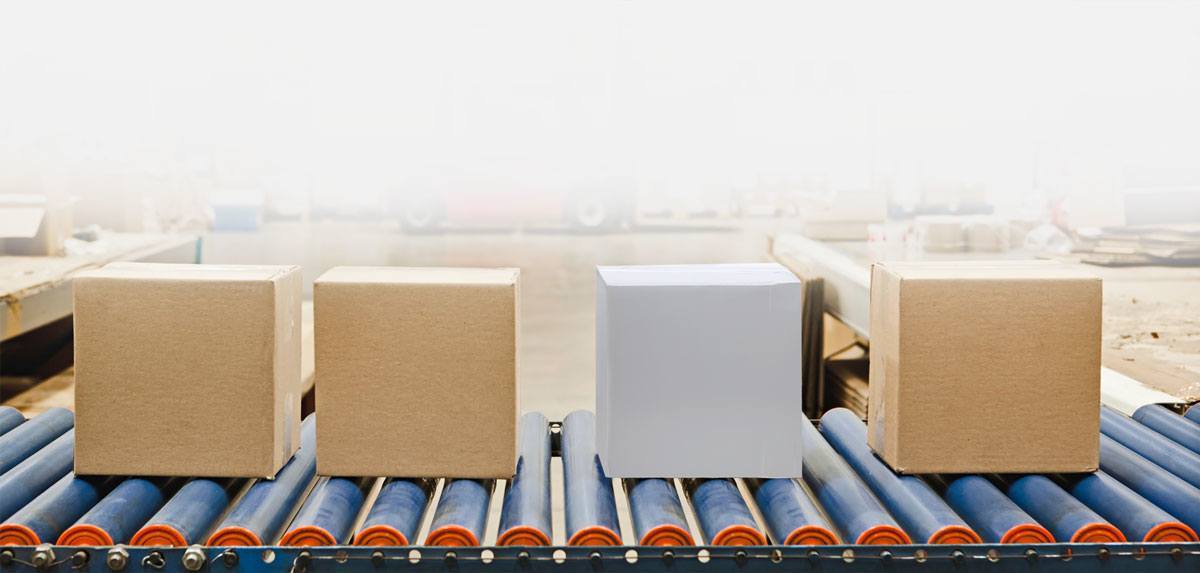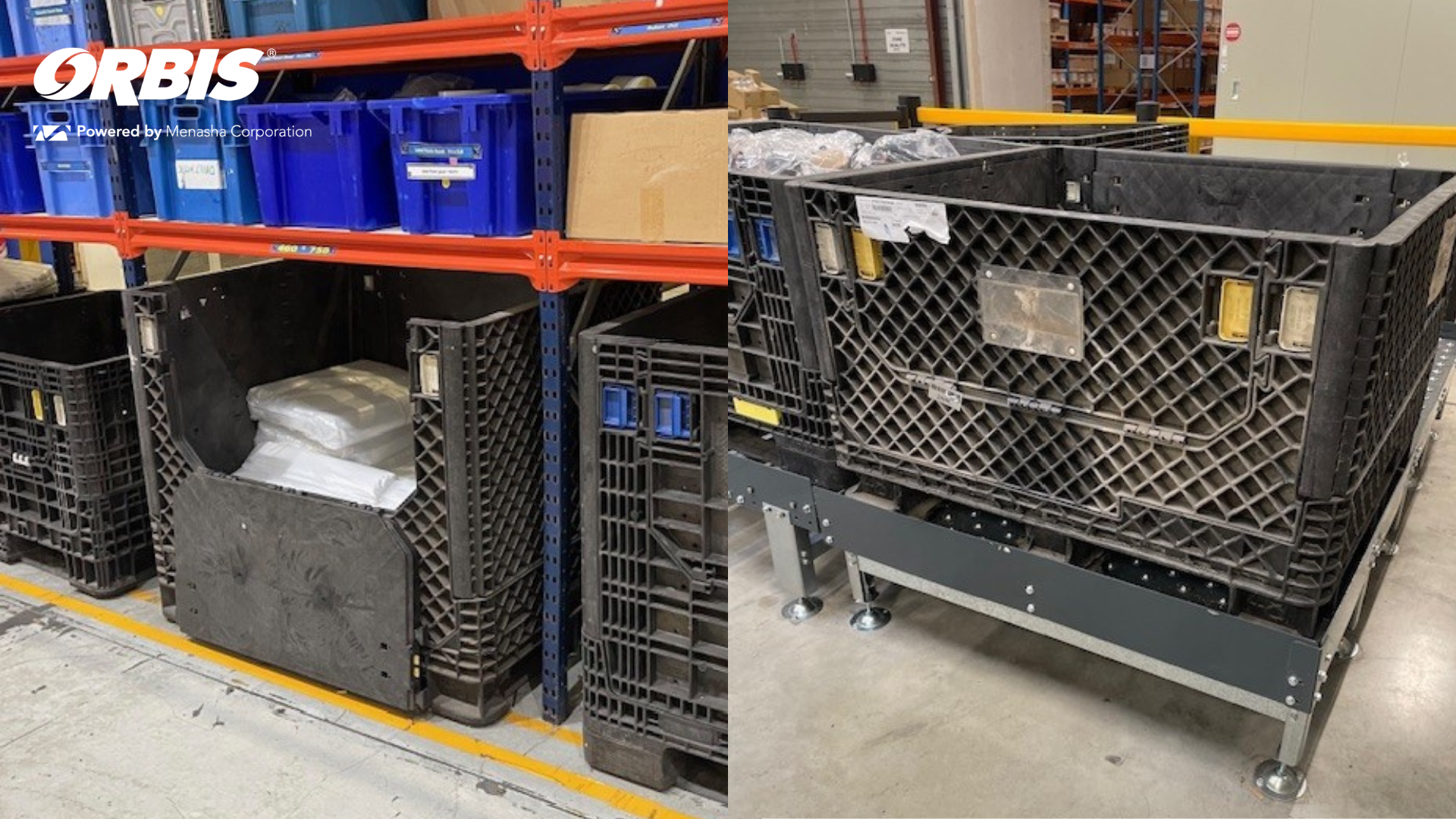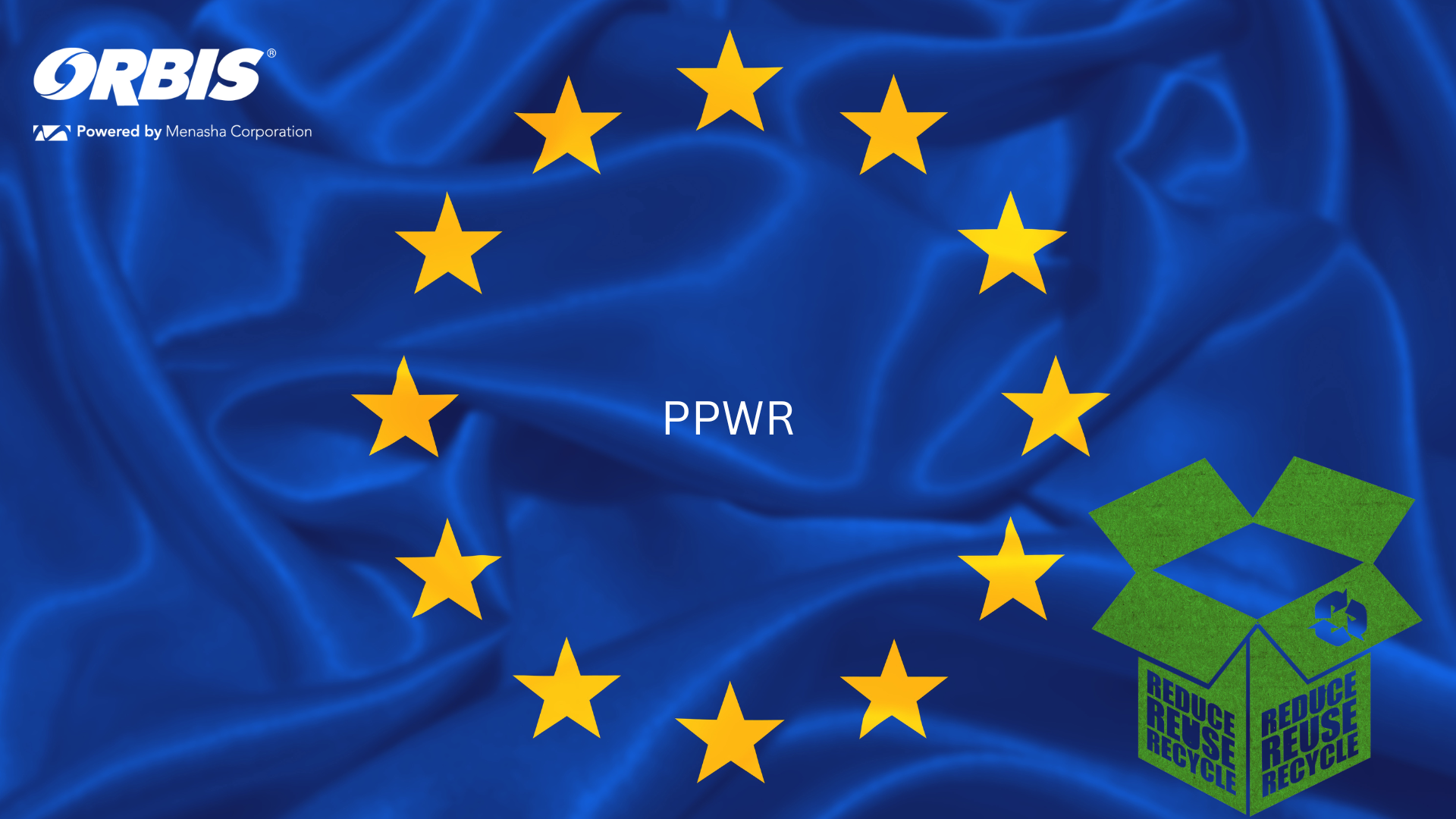
06 Sep Hello reusable, goodbye disposable: Plastic Transport Packaging in the food and beverage industry
ON THE WAY TO A MORE SUSTAINABLE SUPPLY CHAIN
Hello reusable, goodbye disposable: Plastic Transport Packaging in the food and beverage industry

On the way to a more sustainable supply chain
The food and beverage industry places high demands on transport packaging: The HACCP concept (“Hazard Analysis Critical Control Point”) requires the use of logistical aids to ensure food safety. At the same time, comprehensive product protection, durability and hygienic properties are required. Customers also demand a durable, reliable and cost-effective solution.
Sustainability is also at the top of the agenda for more and more companies. They are aware of their duty to address and implement this issue. In addition, increasing regulatory requirements are putting pressure on those responsible.
In short, there are many requirements that companies in the food and beverage industry have to meet. Reusable plastic transport packaging can be a sustainable and efficient solution in the right application.
“In times of increasing paper shortages due to shrinking raw material quantities and increasing water scarcity, we as manufacturers of transport packaging are called upon to offer our customers ecological and economical alternatives.”
Jürgen Krahé, Senior Commercial Director EMEA, ORBIS Europe
Reusable load carriers as an alternative to cardboard packaging: The introduction of reusable plastic transport packaging opens up various opportunities for the FMCG industry:
Significantly increase circulation: In contrast to disposable boxes, which have to be disposed of or recycled after only one use, more than 70 cycles are possible with plastic containers.
Conserve resources: Reusable plastic packaging is up to 100 percent recyclable.
Save costs in the long term: The initial investment in reusable load carriers may be higher, but this is amortized by an increased service life and reduced waste disposal costs.
Improve hygiene standards: Plastic packaging is easy to clean and resistant to moisture thanks to its smooth, sealed surfaces. This protects the products from moisture, dirt or dust; the systems and equipment also remain clean. This reduces the risk of contamination, resulting in fewer product recalls.
Use in automated systems: Due to their dimensional stability, plastic packaging can also be seamlessly integrated into automated systems.
Would you like to take your supply chain to the next level of sustainability and find out more about our alternative plastic transport packaging solution? Then click here.
“With our sustainable products, we also want to set new trends in the FMCG industry. We are therefore constantly testing new materials at our Innovation Center in the USA.”
Jürgen Krahé, Senior Commercial Director EMEA, ORBIS Europe
Did you know?
Earth Overshoot Day fell on August 1 this year. On this day – five months before the end of the year – all of the Earth’s sustainable resources that the ecosystem can produce within a year were used up worldwide. So it’s high time to push ahead with green logistics – including in the FMCG industry.
CONTACT
+49 2233 619 2072





